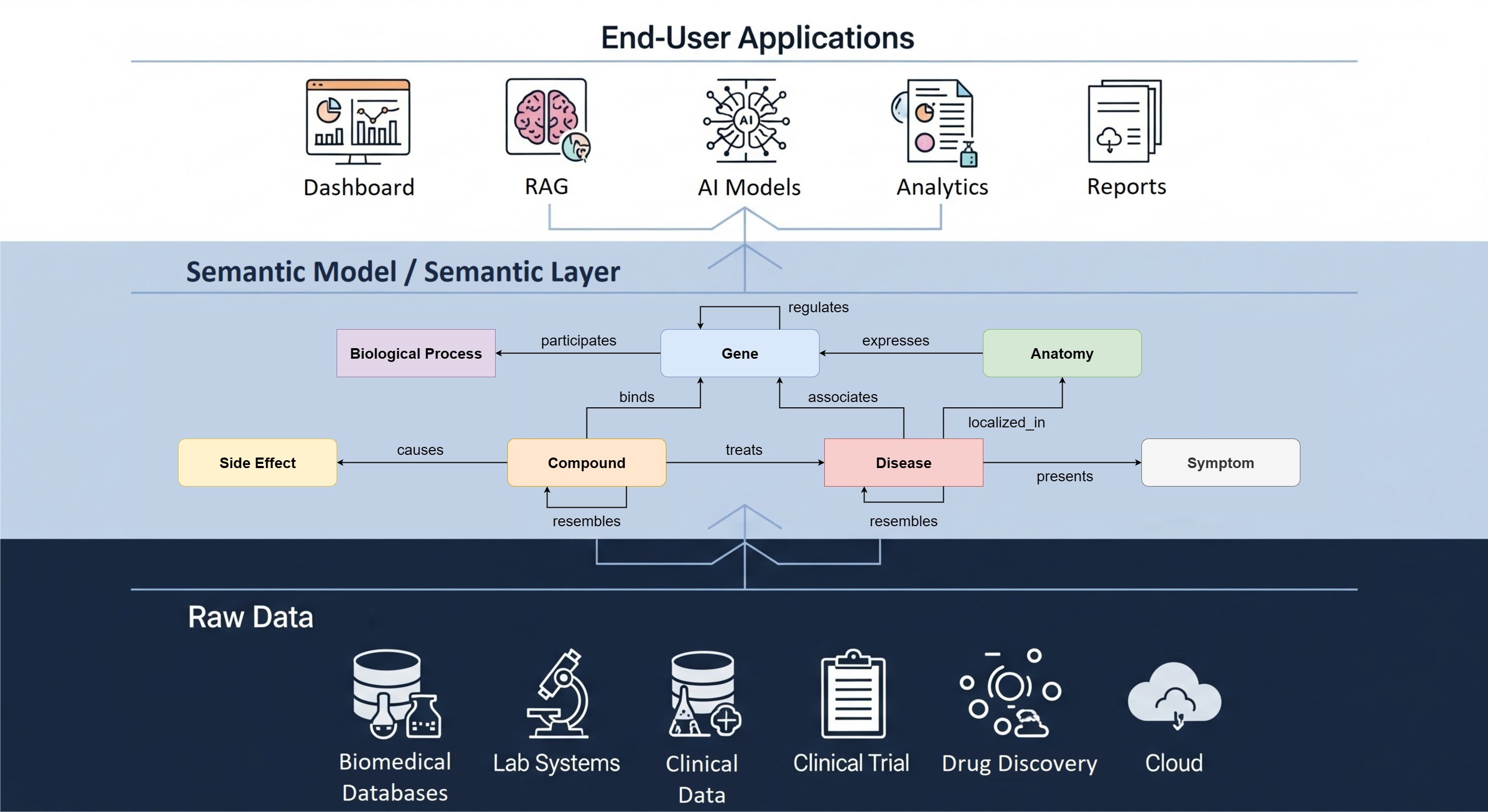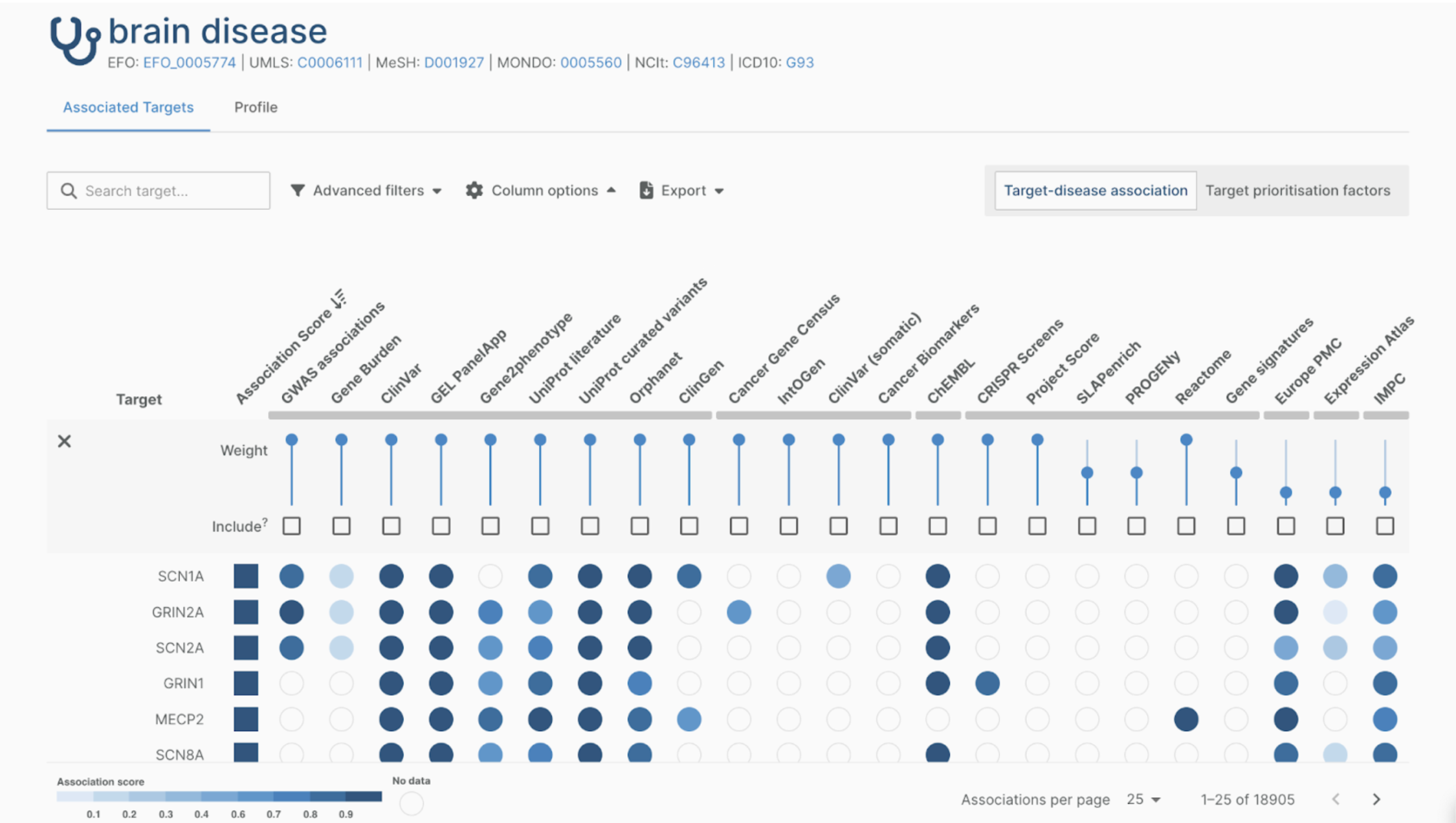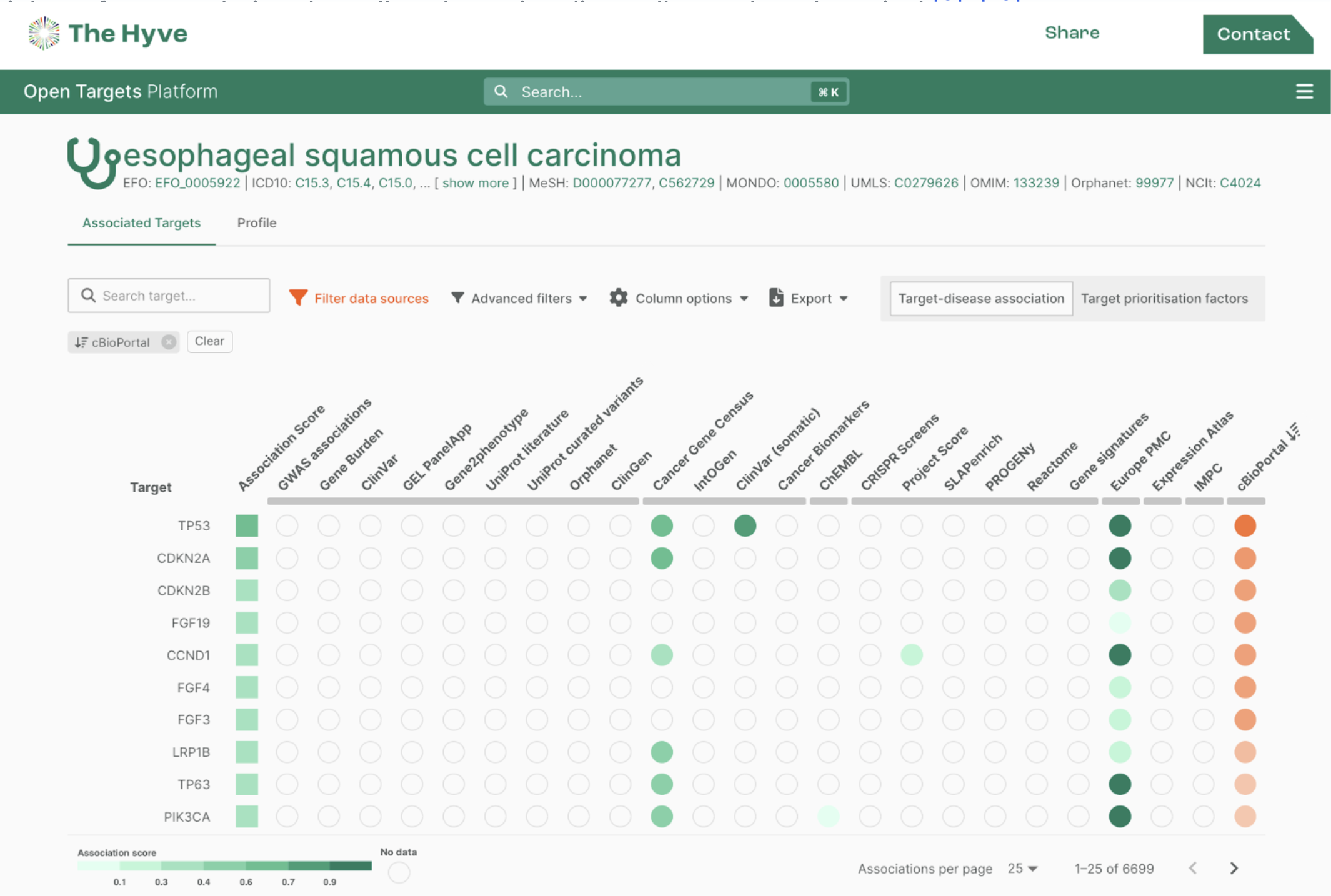Meet Stefan Payralbe (29), data engineer at The Hyve.
This ‘veteran’ joined the company in September 2015. In the past 3,5 years he has seen The Hyve team grow, and the company reorganize itself into product-based teams. Stefan is one of the few colleagues who continues to work on two products: tranSMART and OMOP/OHDSI. Being a cooking-enthusiast, Stefan likes to put The Hyve’s office kitchen to good use and share his food with fellow-Hyvers.
Here is his story.

Can you tell me a bit about your background?
‘My Bachelor studies were in Biology, at the VU in Amsterdam. The Master programme Bioinformatics I followed was a combined programme from the VU and the UvA. During my Masters, I learned how to use programming and IT skills to solve biological research questions. This is the first job I landed after finishing my studies. When I started work at The Hyve, I mainly worked on projects related to the tranSMART data warehouse. Later, work on real-world data projects was added to that: OHDSI-OMOP related jobs.’
How did you get to know The Hyve?
‘I first read about The Hyve in a Newsletter that was circulated among Bioinformatics students. It advertised congresses and vacancies of interest to this audience. If I remember correctly, one of those Newsletters mentioned an open day at The Hyve. I didn’t attend that day, but it made me look into what kind of a company it was. By the time of my graduation I sent in an open application. The day of my job interview was an interesting one as, without me knowing it, a company visit day for (PhD-)students wanting to learn more about The Hyve’s activities was scheduled that afternoon. So, after my interview I joined this meeting. I quickly learned they wanted to hire me and the week after I joined the company.’
Did your background in Biology and Bioinformatics prove useful for you work at The Hyve?
‘Certainly. A lot of the data we load into tranSMART is biomedical data, collected using techniques that I encountered during my studies. I think it is useful that I understand what this data is about and what it is used for. Maybe more importantly: I understand what a scientist wants to do with this data, how he wants to use it to answer research questions. This really helps me when figuring out with a client how to transform data for loading into an application such as tranSMART.’

Can you describe your day-to-day activities at The Hyve?
‘What a day at the office looks like, differs from project to project. Part of my job is setting up data pipelines, both when I’m working for the data warehousing team and for the real-world data group. I help scientists and research centres to load their data in the tool of choice in the right format. In a sense, it doesn’t really matter if that tool is tranSMART or the OMOP data model - the basic principles are the same.
I usually get involved with a project once the sales department has closed a deal with the client and the time has come to plan how to transform the data. In this phase, I spend time discussing what decisions to make with people in the company who have a keen understanding of the internal data and IT structures, as we want to transform the data in such a way that it’s usable for the researchers within the company. So, I spend quite a bit of my time in meetings, either by having calls with the parties involved or visiting them on-site.’
What aspects of your job do you like?
‘I especially like the technical aspects. During my studies I developed an interest in programming and in the past years I’ve been able to further develop these skills. The programming language I mainly use is Python. I try to find elegant solutions for data pipelines as much as possible, aim to make it reusable and write it in such a way that others can understand how it works. In the office you can discuss with colleagues what they think of a certain approach or how they would tackle a specific problem. The things we build are really the result of teamwork. What also motivates me, is having a happy customer. In the end, that’s what matters most.’
What do you consider exciting developments in your field?
‘I find it fascinating to see how the standards for data management and storage in the scientific field are changing. The OMOP/OHDSI-community has been established relatively recently, and over the past few years I’ve seen the number of people attending their symposia grow larger and larger. More and more institutes see the advantages of storing observational data in this way. Also, awareness is growing among scientific communities that it is useful to adopt the FAIR data principles. In the past, every research group collected its own data and kept the results to themselves. Nowadays, open science is getting more common. The community is starting to see the benefits of exchanging knowledge and data.’
What do you like to do in your leisure time?
‘I love to cook and I sometimes combine this hobby with work as I really enjoy preparing food for groups. I might use the office kitchen to bake something for lunch, cook soup or prepare a sweet or savory afternoon snack. It is something my colleagues certainly appreciate, though it is getting more difficult for me now that the number of Hyvers has grown to about forty people. I started cooking in the office when I was still living in student accommodation that didn’t have a decent kitchen. When the office moved to its current location, we suddenly had a small kitchen and that gave me the opportunity to prepare my dinners at work.
Also, I’m playing badminton a couple of times a week. I play competitively for Olympia Haarlem, where I used to live, and I’m training with the club in Amsterdam, where I currently live.’



